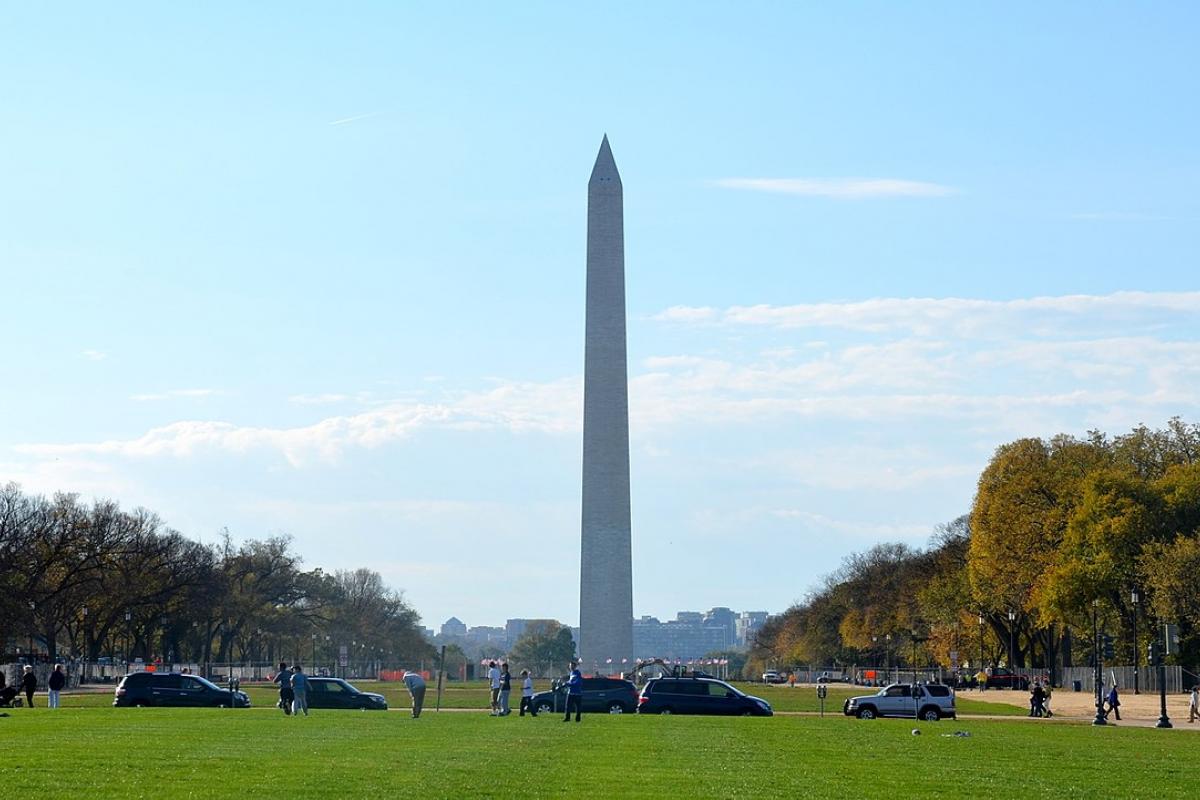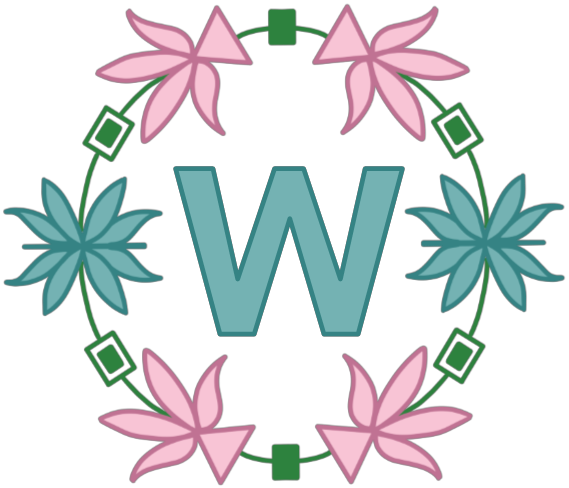Washington, DC

Mentions in the recordings
-
Íŋyaŋ Bosdáta oyáte kiŋ makhóčhe odótapi kiŋ úŋ khošká záptaŋ Tȟuŋkášina-ta yápi kta kʼa úŋ sáŋpha wóakhiniče kʼa iápi óta kta načhéča. Five young men from Standing Rock are going to Washington in regard to these land leasing affairs, and there will probably be much debating and dispute in regard to it.
in -
Wičhášta waŋží šíča wašíčuŋ héčha kʼaíš United States thaóyate iyówaža waŋ Ikčéwičhašta waŋží kʼaíš thawóyuha kiŋ uŋ táku ektášniyaŋ ečhúŋ kiŋháŋ Atéyapi én yuwíčakhapi kʼa iyóopta Ikčéwičhašta awáŋyaŋka Washington othúŋwe én yaŋké čiŋ hé kʼúpi kte. If bad men among the whites, or among other people subject to the authority of the United States, shall commit any wrong upon the person or property of the Indians … [proof will be] made to the agent, and forwarded to the Commissioner of Indian Affairs at Washington city.
in -
March 4, 1929 aŋpétu kiŋ hé óštaŋ Hon. Herbert Hoover Tȟuŋkáŋšina íyotaŋke kta, čha uŋ Inaugural Committee Washington D.C. én yaŋkápi kiŋ Inauguration wóečhuŋ kte čiŋ hená iwáŋyaŋkapi kʼa yuštáŋpi. On March 4, 1929, the Honorable Herbert Hoover will be sworn in as President, the ceremonies for which are being examined and planned by the Inaugural Committee, based in Washington DC.
in
